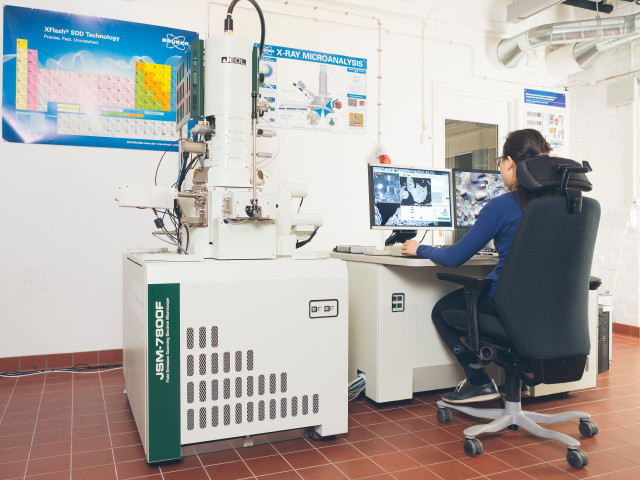Module 1: Applied Equilibrium Theory in Metallurgical Processes, 4 hp
- Deoxidation and formation of non-metallic inclusions with focus on oxides
- Modification of non-metallic inclusions
- Slag-metal equilibrium calculations
- Application of slag capacity during metal refining
- Process analyses using thermodynamics
Module 2: Theory of high temperature processes, 4 hp ”focus on phenomena”
- Thermodynamic models with focus on steel alloys with high alloy contents
- Thermophysical properties of metals and slags
- Heat and mass transport
- Process phenomena: bubbel formation, foaming, gas-liquid reactions, reactions between liquid phases
Module 3: Reactor and process design, 4 hp ”focus on processes”
- Coupling between thermodynamics and kinetics
- Production methods of stainless and high-alloy steel qualities
- Possibilities of process control in metallurgical processes such as blast furnace, BOF, EAF, AOD, ladle, tundish
